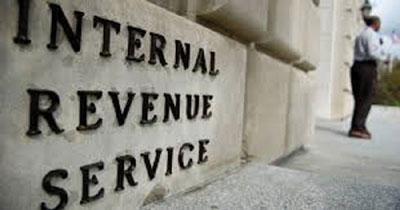By Victor Omondi
Last year, on a sunny summer day, William Ayers got a letter in the mail, and the fact that it was registered and needed a signature, he knew what it was all about.
“Ah, that’s the IRS,” Ayers, 58, recalls thinking. “Here we go again.”
Ayers, who works in a Leland furniture factory, earns about $27,000 per year. Only about 1% of the U.S. taxpayers face an income tax audit every year. However, this was the fourth time the Internal Revenue Service had audited the tax return of the 58-year-old, asking for myriad documents many families do not keep.
It’s quite a common occurrence in the Mississippi Delta, one of the nation’s poorest regions. Mississippi Delta has one of the highest rates of IRS income tax audits in the U.S. According to a recent ProPublica report, Humphreys County, where four out of ten people live in poverty, is among the most audited counties in the country.
Ayers, a father of five with several other foster children, has access to the Earned Income Tax Credit, a federal end-of-year financial boost for working-class families launched in the 1970s as an alternative to welfare.
Since he qualifies for this benefit, which varies depending on one’s family size, the Greenville father is twice more likely to be audited by the IRS than people who earn more than 10 times his salary.
“It doesn’t seem right. It does not seem fair. It doesn’t seem efficient from the government’s standpoint,” Ben Wilkerson, an attorney with North Mississippi Rural Legal Services, said.
Rankin, the second wealthiest county in the Mississippi, is the only county in the state that’s less frequently audited. It is a home for the state’s top leaders including a congressman, the governor, and lieutenant governor. Only eight taxpayers out of 1000 are audited in Rankin against 12 out of 1000 in Humphreys County.
